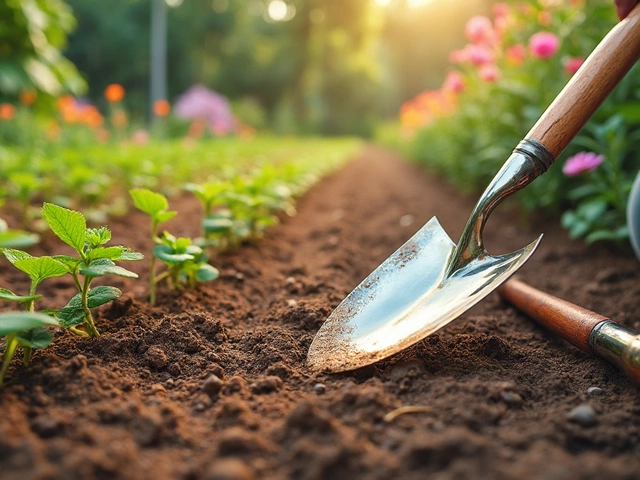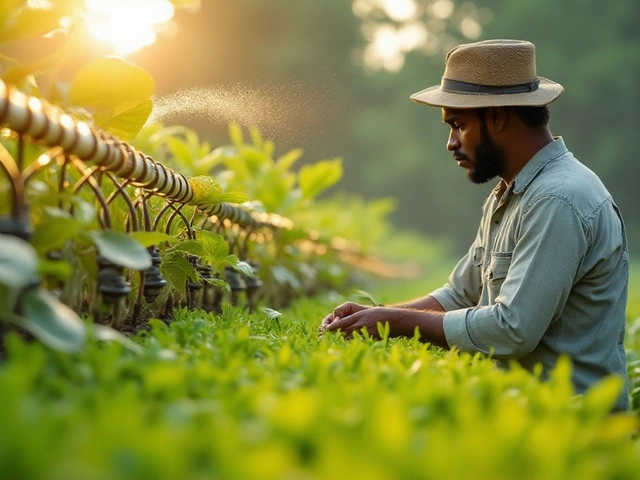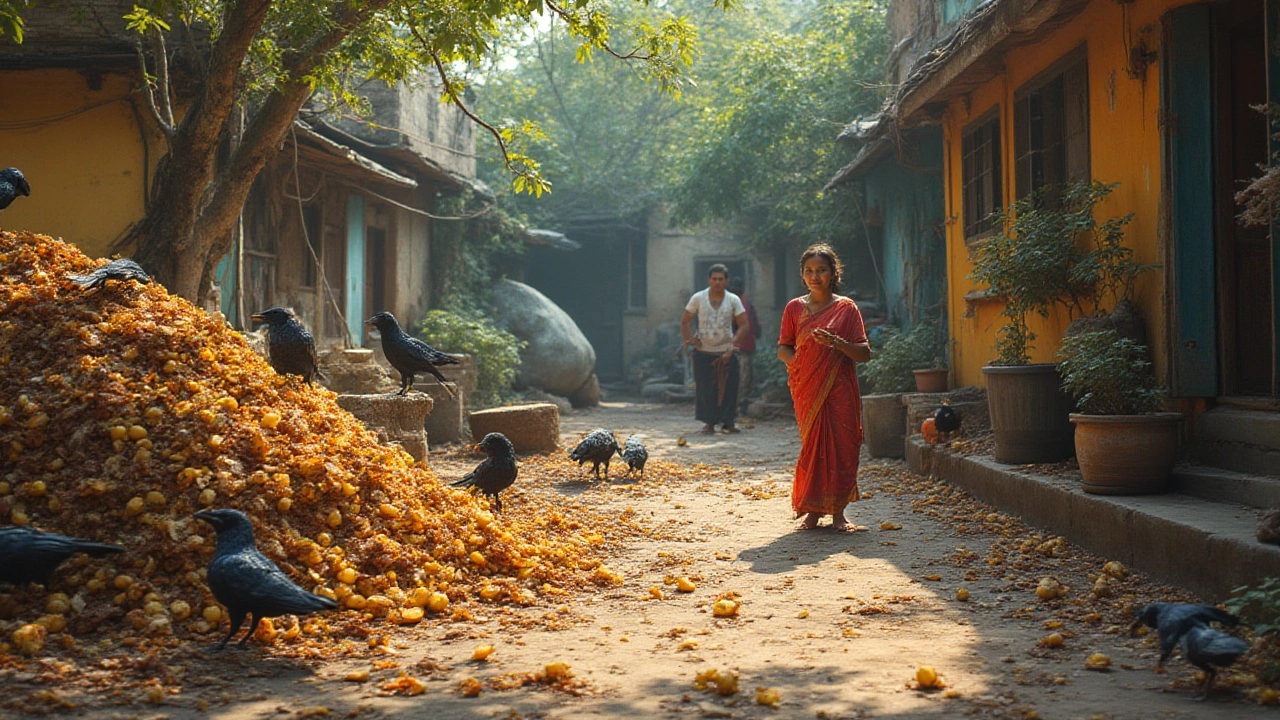Environmental Impact: Making Your Garden Kind to the Planet
Ever wondered if your garden is helping or hurting the environment? The truth is simple – every plant, water drop, and soil tweak has a ripple effect. By understanding those ripples, you can turn a regular garden into a small eco‑project that saves water, cuts waste, and supports local wildlife.
Why the Environmental Impact of Gardening Matters
Most Indian gardens sit under hot sun, face water scarcity, and compete with dense urban space. When you spray a lawn with a hose, you use gallons of water that could be saved with smarter methods. When you toss plant waste into the bin, you lose organic material that could become rich compost. Even the choice of fertilizers can affect soil microbes and nearby water bodies. These actions add up, especially when many gardeners repeat the same habits.
On the flip side, a garden that uses drip irrigation, local native plants, and compost can lower water demand, improve soil health, and provide food for pollinators. That’s why the environmental impact tag groups articles that show real, hands‑on ways to make a difference.
Practical Steps to Reduce Your Garden’s Footprint
1. Switch to drip irrigation. Articles like “How Deep Should Drip Irrigation Lines Be Buried?” explain how burying lines keeps water where plants need it while cutting evaporation. A well‑planned drip system can slash water use by up to 50% compared to traditional sprinklers.
2. Choose native or drought‑tolerant plants. Native species need less water and fewer chemicals. The guide “Sustainable Gardening: Tips to Make Your Garden Eco‑Friendly and Self‑Sufficient” lists easy‑care options for different Indian regions.
3. Compost kitchen scraps. Turning fruit peels, coffee grounds, and garden cuttings into compost returns nutrients to the soil, reducing the need for synthetic fertilizers. The “Zero‑Waste Fruits” article shows which fruits you can eat completely, cutting waste at the source.
4. Avoid harmful amendments. Not every organic matter is a winner. “Plants That Hate Coffee Grounds” warns that some plants can be stressed by too much coffee, so use it selectively.
5. Reduce chemical pesticide use. The “Alternative Pest Control” post gives natural solutions like neem oil, companion planting, and physical barriers that protect crops without polluting soil or water.
Each of these steps links back to one of the posts under the environmental impact tag, offering deeper details if you want to dig in.
Start small – maybe install a few drip emitters, or set up a compost bin in the corner. Over time, those tiny changes add up to big savings in water bills and a healthier backyard ecosystem.
Remember, a garden isn’t just a pretty space; it’s a living system that can either drain resources or replenish them. By paying attention to the environmental impact of your choices, you turn gardening into a powerful act of sustainability.
Ready to make your garden greener? Browse the articles below, pick one tip, and put it into practice today. Your plants, your wallet, and the planet will thank you.
Composting Drawbacks: Real Issues, Surprising Facts, and Smart Tips
Discover the true drawbacks of composting. Detailed look at problems like pests, odor, time, and more. Learn real stats, smart hacks, and what to expect.
About
Sustainable Gardening
Latest Posts


The First Essential Tool Every Gardener Needs
By Alden Thorne Apr 16, 2025

What Is the King of Flowers in India? The Sacred Lotus and Its Cultural Significance
By Alden Thorne Dec 2, 2025

Understanding the Drawbacks of Drip Irrigation Systems
By Alden Thorne Dec 24, 2024

